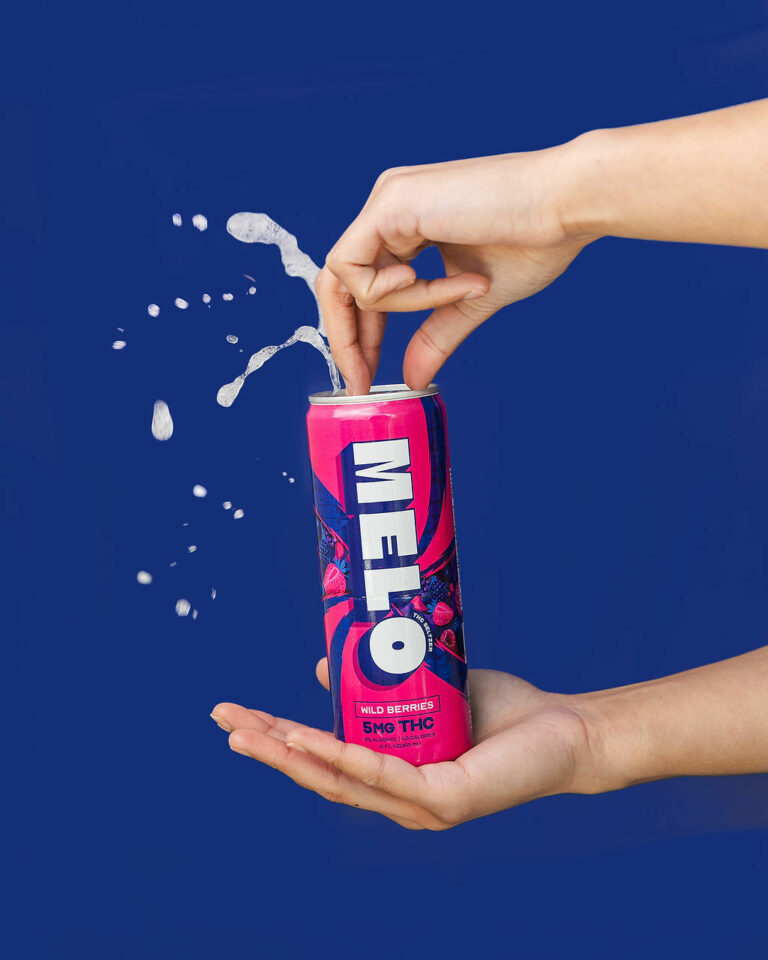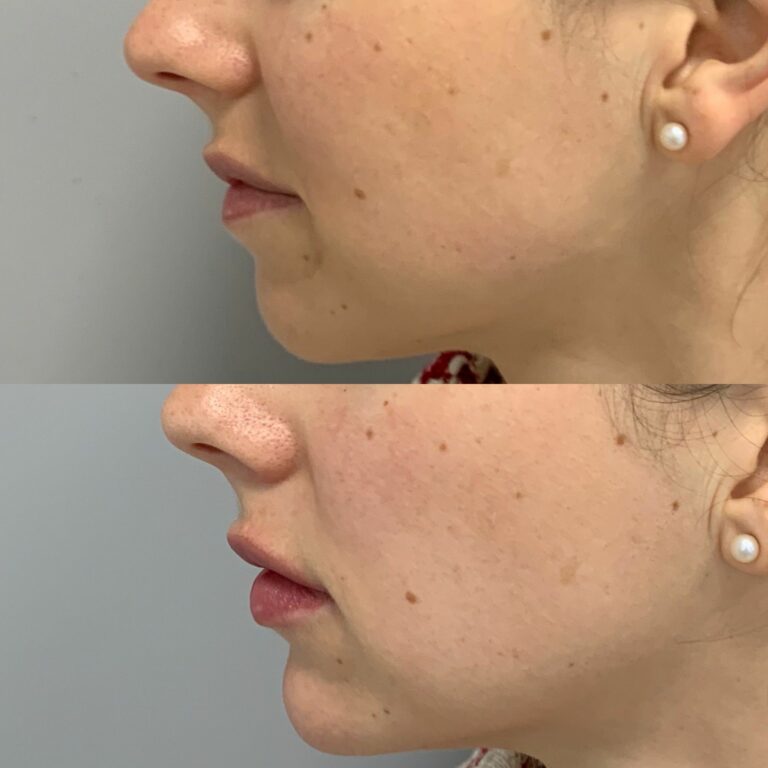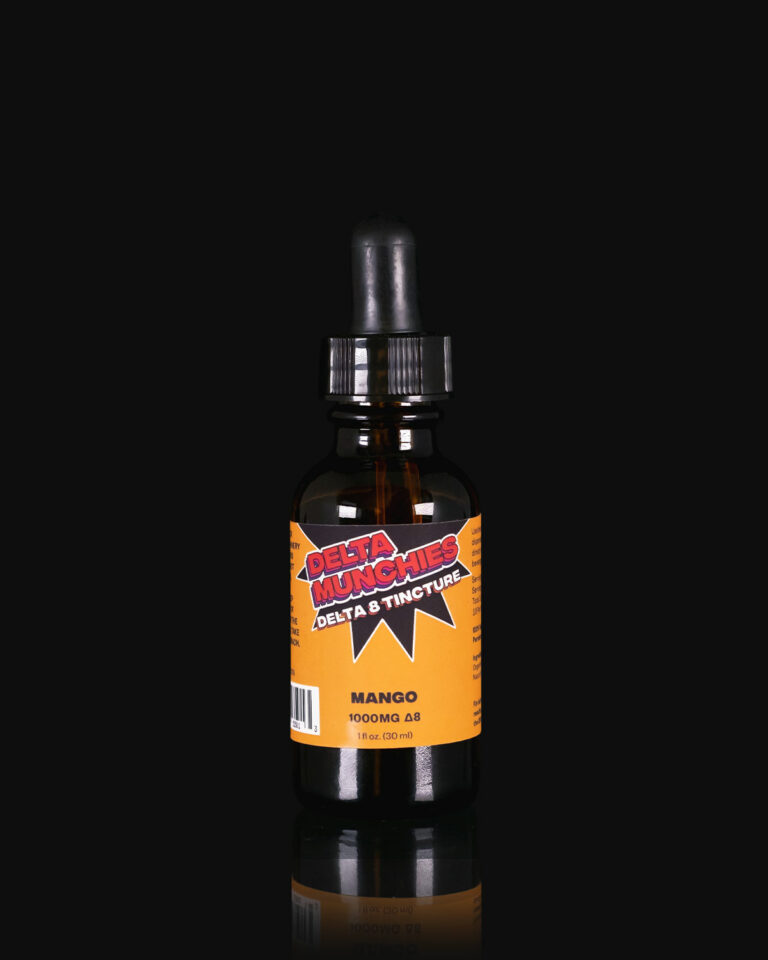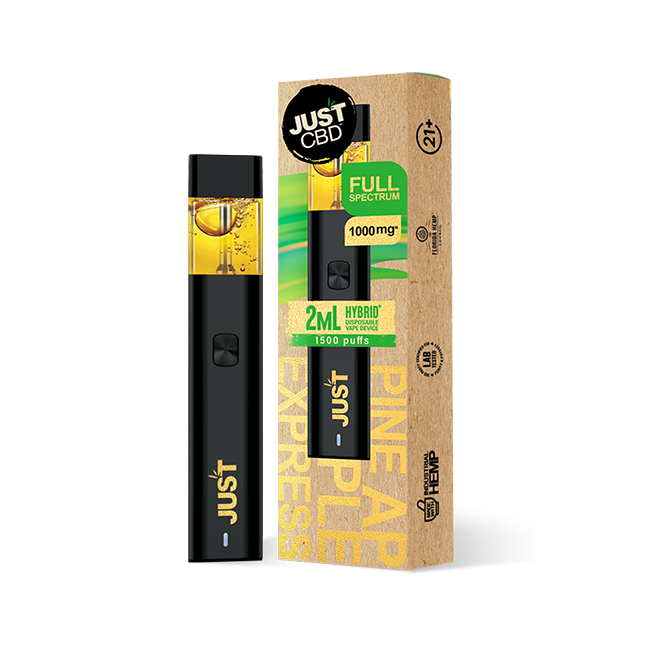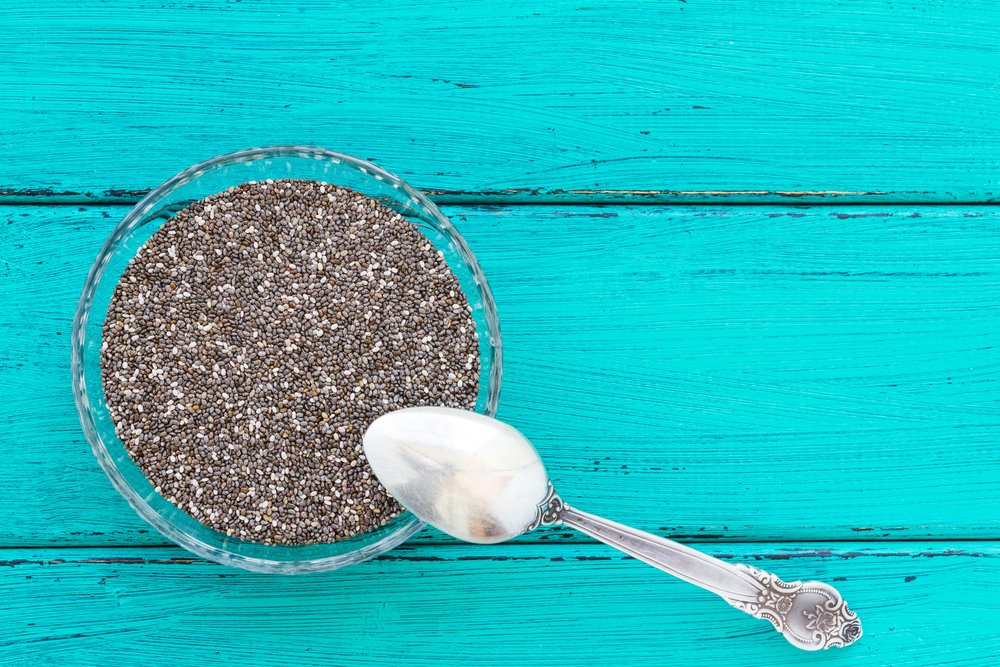THCV (tetrahydrocannabivarin) is a unique and lesser-known cannabinoid found in certain cannabis strains, often referred to as “diet weed” due to its potential appetite-suppressing properties. While THC (tetrahydrocannabinol) and CBD (cannabidiol) have long been at the forefront of cannabis research, THCV is now gaining recognition for its distinct effects on the body’s endocannabinoid system and its potential applications in promoting health and wellness. In this comprehensive guide, we will explore the properties, uses, potential benefits, and its connection to “diet weed,” providing a comprehensive understanding of this fascinating cannabinoid.
Understanding THCV
THCV is one of over 100 cannabinoids found in the cannabis plant. It shares structural similarities with THC, the psychoactive compound responsible for the “high” associated with cannabis consumption. However, THCV has a propyl side chain instead of a pentyl side chain, which results in different effects on the body’s endocannabinoid system.
THCV and Appetite Suppression
One of the most intriguing aspects of THCV is its potential to suppress appetite. Some early studies suggest that THCV may counteract the appetite-stimulating effects of THC, making it an appealing option for those seeking to manage their weight or control their food intake. This appetite-suppressing property has earned THCV the nickname “diet weed” and has piqued the interest of individuals looking for cannabis alternatives that won’t induce the “munchies.”
THCV’s Interaction with the Endocannabinoid System
THCV interacts with the endocannabinoid system, a complex network of receptors, endocannabinoids, and enzymes that helps regulate various physiological processes. It binds to both CB1 and CB2 receptors, which are abundant in the central nervous system and the immune system, respectively. However, THCV’s effects on these receptors are unique, leading to differences in its psychoactive and therapeutic properties compared to THC.
Psychoactive Effects of THCV
THCV’s psychoactive effects are notably different from those of THC. While THC is known for its intoxicating and euphoric effects, THCV is believed to produce milder and shorter-lasting psychoactive effects. Some users have reported feeling more focused, energetic, and clear-headed with THCV consumption, which may contribute to its reputation as a “functional” or “diet-friendly” cannabis option.
Potential Benefits of THCV
Research on THCV is still in its early stages, but preliminary studies and anecdotal evidence suggest potential therapeutic benefits beyond appetite suppression. Some of the potential benefits associated with THCV include:
- Diabetes Management: Early research indicates that THCV may improve insulin sensitivity and regulate blood sugar levels, making it a candidate for potential diabetes management.
- Neuroprotection: THCV has shown promise in protecting brain cells from damage and degeneration, offering potential benefits in neurological conditions like Alzheimer’s and Parkinson’s disease.
- Bone Health: Some studies suggest that THCV may promote bone health by stimulating bone formation and preventing bone loss.
- Anti-Inflammatory Effects: THCV has demonstrated anti-inflammatory properties in preclinical studies, indicating potential benefits for conditions with inflammatory components, such as arthritis.
The Entourage Effect
THCV’s potential benefits are often influenced by the entourage effect, a phenomenon where cannabinoids and other cannabis compounds work synergistically to enhance their effects. Combining THCV with other cannabinoids like CBD, THC, or CBN (cannabinol) may lead to enhanced benefits and a more comprehensive approach to cannabis-based therapies.
Legal Considerations
The legal status of THCV and THCV-containing products may vary depending on the country or state. As with all cannabinoids, it is essential for consumers to be aware of the legal regulations surrounding THCV in their regions and to obtain products from reputable and licensed sources.
Forms of THCV Consumption
THCV can be consumed in various forms, including dried cannabis flower, concentrates, tinctures, edibles, and vape cartridges. Each method of consumption may have different onset times and durations of effects, allowing consumers to choose the most suitable option based on their preferences and needs.
Responsible Use and Safety Considerations
As with any cannabinoid, responsible use and safety considerations are crucial when consuming products containing THCV. Starting with low doses, understanding the potential effects, and ensuring product quality and safety are essential for a positive and enjoyable experience.
THCV and “Diet Weed”: Separating Myth from Reality
The term “diet weed” has gained popularity in recent years due to THCV’s purported appetite-suppressing effects. While THCV shows promise in this area, it is essential to separate myth from reality. THCV is not a magical weight loss solution, and its effects on appetite may vary among individuals. As with any health-related claims, it is crucial to approach the use of “diet weed” with a balanced perspective and consider other lifestyle factors that contribute to weight management and overall well-being.
The Future of THCV Research
As research on THCV advances, its potential applications and benefits may become more defined. Continued exploration and understanding of THCV’s effects on the endocannabinoid system may lead to the development of targeted cannabis-based therapies for various health conditions.
Conclusion
THCV is a fascinating and lesser-known cannabinoid with unique properties and potential therapeutic benefits. Its potential appetite-suppressing effects have earned it the nickname “diet weed,” which has intrigued individuals seeking cannabis alternatives with milder psychoactive effects. However, THCV offers more than just appetite suppression, with potential benefits in diabetes management, neuroprotection, bone health, and anti-inflammatory effects. As research on THCV progresses, individuals can look forward to gaining deeper insights into its potential in promoting health and well-being. Responsible use, adherence to legal regulations, and support for reputable sources are essential in unlocking the full potential of THCV in the pursuit of improved health through cannabis consumption. As the scientific community and the cannabis industry move forward, the exploration of THCV will undoubtedly contribute to our understanding of cannabinoids and their potential impact on human health and wellness.
Barbara is a freelance writer and a sex and relationships adviser at Dimepiece LA and Peaches and Screams. Barbara is involved in various educational initiatives aimed at making sex advice more accessible to everyone and breaking stigmas around sex across various cultural communities. In her spare time, Barbara enjoys trawling through vintage markets in Brick Lane, exploring new places, painting and reading.
[email protected]
- Fizzy Fun: My Melo THC Beverage Review - April 22, 2024
- Insights from Dr. Laura Geige on Dental Blocks - March 30, 2024
- Lip Fillers, Botox, Dermal Fillers, Anti-Wrinkle Injections in Angel EC1 - March 22, 2024




